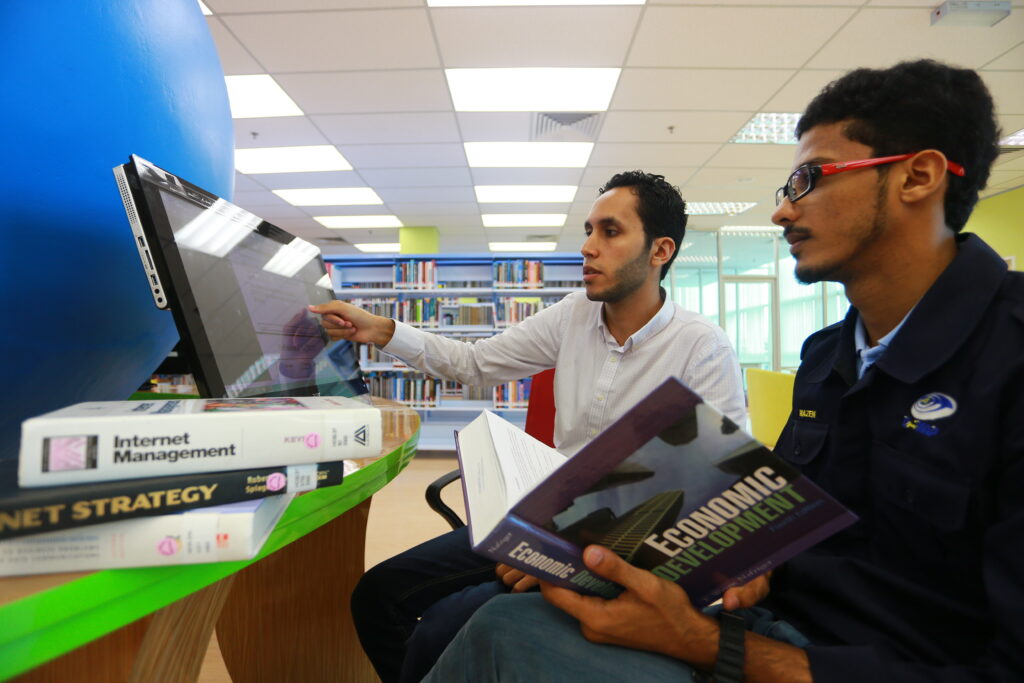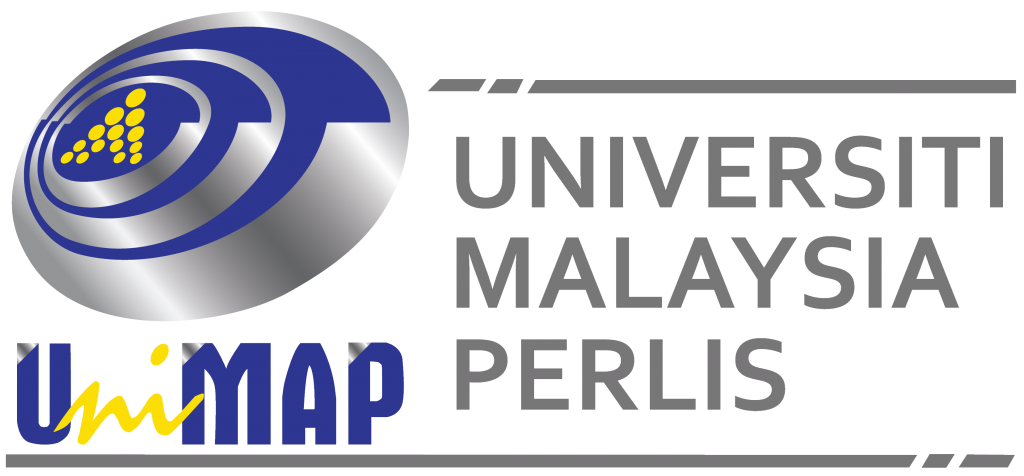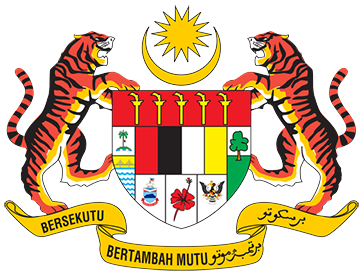Master of Science (Electrical System Engineering)
Sarjana Sains (Kejuruteraan Sistem Elektrik)
- Overview
- Subject
- Fees / Entry Requirement
The research at the Faculty of Electrical Engineering Technology addresses challenges ranging from basic research to global research demands. We encourage large-scale studies and a flexible approach to interdisciplinary collaborations with other academic institutions and members of the industry in order to tackle the wider range of issues facing our society and the natural world.
Students conduct research under the supervision of academic supervisors and prepare a thesis for complete fulfilment of the graduation requirements. The fields of specialization and research areas at the Faculty of Electrical Engineering Technology are:
- Power System Engineering
- Power System Analysis and Optimization
- Power System Protection
- Power System Protection Deregulation
- Power System Distribution
- Expert System Application in Power System
- Flexible AC Transmission Systems (FACTS)
- Power Electronics and Drives
- Power Electronics Converter: Topology and Control
- Power Electronics Application in Photovoltaic (PV) systems
- Power Electronics Application in Renewable Energy (RE) systems
- Control of Electrical Drives: AC and DC Motor drives
- Electrical Energy Markets
- Renewable Energy and Co-generation Systems
- Smart Power Grids
- Energy Efficiency
- Power Quality
- Overvoltage Protection System and Insulation Co-ordinations
- Supercapacitor Application in High Voltage System
- Electrical Discharge Detection and Monitoring
- Lightning Monitoring and Protection System
Click button below for more details on education fees and entry requirements.
- Programme Objectives (PEO)
- Programme Outcome (PO)
1
Graduates who apply extended knowledge and skills in areas of specific expertise for career advancements
2
Graduates who contribute professionally to social, technological and economic development both nationally and/or internationally
3
Graduates who exemplify self-advancement through continuous academic and/or professional development
1
Show advanced and continuous knowledge and has the ability to continue to develop or use this knowledge in new situations or in the context of a multidisciplinary
2
Analyse and evaluate critically problems in disciplines in situations with limited information and to provide solutions through the application of appropriate instruments and techniques
3
Assess existing information and research evidence and apply it in the context of engineering
4
Assess existing information and research evidence and apply it in the context of engineering PLO4: Plan and implement research tasks professionally, ethically and responsibly
5
Report technical findings in writing and verbal forms
6
Recognize the need for continuing professional development

Quick Points
Campus:
Kampus Alam Pauh Putra, Perlis
Programme Code:
MR23
Specialisation:
Electrical System Engineering
Study Level:
Intake:
Open throughout the year
Duration:
Full Time Study: Minimum 1 Years, Maximum 3 YearsPart Time Study: Minimum 2 Years, Maximum 5 Years
- Overview
The research at the Faculty of Electrical Engineering Technology addresses challenges ranging from basic research to global research demands. We encourage large-scale studies and a flexible approach to interdisciplinary collaborations with other academic institutions and members of the industry in order to tackle the wider range of issues facing our society and the natural world.
Career Path
Subject
Students conduct research under the supervision of academic supervisors and prepare a thesis for complete fulfilment of the graduation requirements. The fields of specialization and research areas at the Faculty of Electrical Engineering Technology are:
- Power System Engineering
- Power System Analysis and Optimization
- Power System Protection
- Power System Protection Deregulation
- Power System Distribution
- Expert System Application in Power System
- Flexible AC Transmission Systems (FACTS)
- Power Electronics and Drives
- Power Electronics Converter: Topology and Control
- Power Electronics Application in Photovoltaic (PV) systems
- Power Electronics Application in Renewable Energy (RE) systems
- Control of Electrical Drives: AC and DC Motor drives
- Electrical Energy Markets
- Renewable Energy and Co-generation Systems
- Smart Power Grids
- Energy Efficiency
- Power Quality
- Overvoltage Protection System and Insulation Co-ordinations
- Supercapacitor Application in High Voltage System
- Electrical Discharge Detection and Monitoring
- Lightning Monitoring and Protection System
Fees / Entry Requirement
Click button below for more details on education fees and entry requirements.
Programme Objectives (PEO)
1
Graduates who apply extended knowledge and skills in areas of specific expertise for career advancements
2
Graduates who contribute professionally to social, technological and economic development both nationally and/or internationally
3
Graduates who exemplify self-advancement through continuous academic and/or professional development
Programme Outcome (PO)
1
Show advanced and continuous knowledge and has the ability to continue to develop or use this knowledge in new situations or in the context of a multidisciplinary
2
Analyse and evaluate critically problems in disciplines in situations with limited information and to provide solutions through the application of appropriate instruments and techniques
3
Assess existing information and research evidence and apply it in the context of engineering
4
Assess existing information and research evidence and apply it in the context of engineering PLO4: Plan and implement research tasks professionally, ethically and responsibly
5
Report technical findings in writing and verbal forms
6
Recognize the need for continuing professional development



